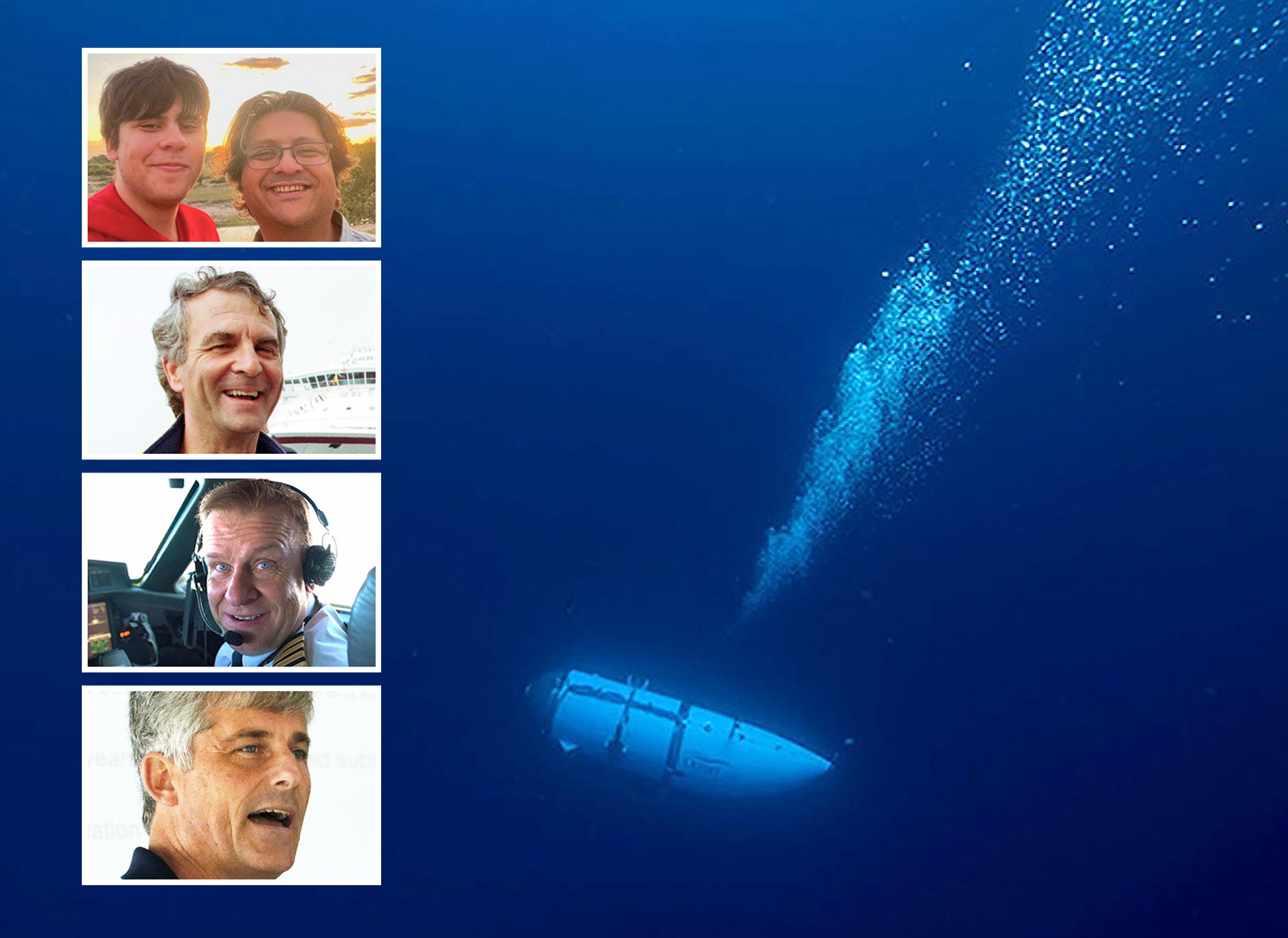OceanGate’s Titan submarine relied on ‘idiotic’ Excel spreadsheet
Former employees tell hearing into sub’s implosion last year that they raised safety concerns
OceanGate used a hand-typed Excel spreadsheet to track its ill-fated Titan submersible, according to a former contractor for the firm.
A hearing into OceanGate’s Titan sub, which imploded during an expedition to the wreck of the Titanic last year, revealed that its navigation system allegedly relied on team members manually inputting the coordinate data into a spreadsheet in order to track the vessel.
The incident last July killed all five people on board, including OceanGate’s CEO and co-founder Stockton Rush.
“There were delays because there was this manual process of first writing down the lat-long coordinates and then typing them in,” Antonella Wilby, a former OceanGate contractor, told the hearing held by the US Coast Guard Marine Board of Investigation.
“We tried to do that every five minutes, but it was a lot to do.”

She described the system as “absolutely idiotic”, adding that she had raised concerns about the method with OceanGate but was dismissed for not being “solution-oriented”.
The ultra-short baseline (USBL) acoustic positioning system used sound pings to determine the submersible’s speed, depth and position, however rather than being automatically loaded into mapping software, the coordinate data was transcribed into a notebook before being typed into a spreadsheet on a computer.
Other former OceanGate employees also raised concerns about Titan’s safety, with former engineering director Tony Nissen telling the hearing last week that he refused to take a test dive in the vehicle.

The hearing into the Titan implosion is set to continue this week, with a live stream available to the public on the US Coast Guard’s official YouTube channel. An animated recreation of the incident was shown at last week’s hearing, showing the submersible losing communication at a depth of 3346 metres.
The Coast Guard said in a press release ahead of the hearing that it “aims to uncover the facts surrounding the incident and develop recommendations to prevent similar tragedies in the future.”
OceanGate co-founder Guillermo Sohnlein will appear before the hearing on Monday to provide further evidence about how the company operated.
Join our commenting forum
Join thought-provoking conversations, follow other Independent readers and see their replies
4Comments